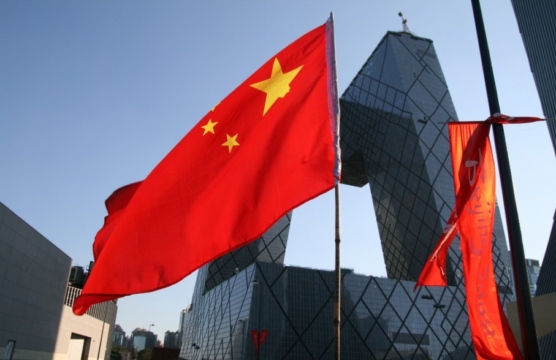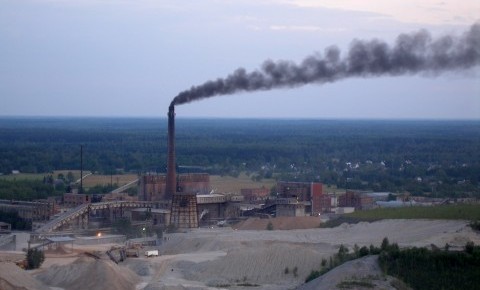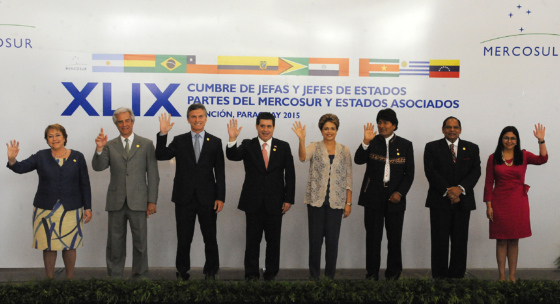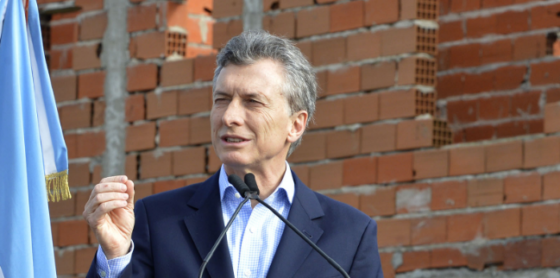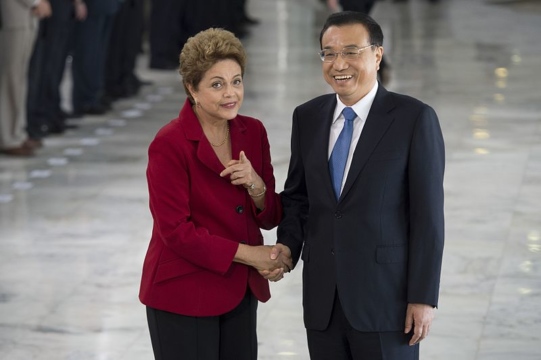
China’s Strategy in Brazil & the Southern Cone
What does China stand to gain from investing in Latin America’s energy projects? Where is China looking next in the region?
What does China stand to gain from investing in Latin America’s energy projects? Where is China looking next in the region?
Latin America’s left has every reason to be worried by current trends. Its power and credibility have declined sharply in many countries.
The election of President Mauricio Macri may signal the start of a new era in Argentine energy policy and cooperation with the United States, but the new government still faces challenges to increasing oil and gas production and erasing energy subsidies.
As Latin American countries reassess their energy policies in light of lower oil prices, there is an opportunity to apply lessons learned from the US experience to enact regulations that mitigate environmental risks, strengthen public support, and attract investment.
The pendulum of Latin American politics is swinging rightward once again. Yet as the “pink tide” recedes, the forces of change have more to do with socioeconomics than ideology. Dramatic economic and political crises have coincided in countries like Brazil and Venezuela. Still, the final result for Latin America may be the emergence of centrist, pragmatic modes of governance, and with them, opportunities for the U.S. to improve relations. The new administration must look beyond the neoliberal model of the 1990s, and develop an approach to relations fit for the 21st century.
La encuesta del GDA a líderes de opinión muestra que el 2015 marcó una nueva etapa para el continente americano e ilustra los temas que serán centrales en el año que comienza. Fue un año de avances en la resolución de conflictos históricos y de cambio político en muchos países.
Is Macri’s victory as historic as his supporters suggest? What changes can we anticipate in the first months of his presidency?
阿根廷总统毛里西奥·马克里赢得选举后很快表示,阿根廷和智利可能在未来几年内恢复天然气交易。在马克里政府治理下,阿根廷的能源行业能像乐观的观察者所期望的那样大有进步吗?马克里上任后首先将会对能源行业进行哪些变革?目前国际油价低迷,对商界持友好态度的马克里能否在此环境下吸引更多的外国直接投资?
El presidente del Inter-American Dialogue analizó la actual relación entre la Argentina y Estados Unidos y cómo impactará la elección del próximo presidente norteamericano en el resto de América.
The next administration’s agenda will be set with political and economic challenges that will test the endurance of Argentina’s democracy.
China’s relations with Latin America are becoming increasingly routine. China is a critical partner for much of the region.
Argentina’s nascent shale industry is one of the most promising frontiers for unconventional oil and gas development outside of the US.
The intensity of the clash within Mercosur highlights how much has changed in South America since Venezuela joined the bloc four years ago.
5月20日,阿根廷总统毛里西奥·马克里(Mauricio Macri)否决了一天前国会通过的充满争议的“反裁员法”。它对总统的其他工作意味着什么?马克里和国会之间的下一场大冲突可能是什么?
As global oil prices collapsed over the last two years, regional governments have started to lose their leverage in the energy industry. To attract international investors, they must offer increasingly favorable terms, which means ceding more of their own control.
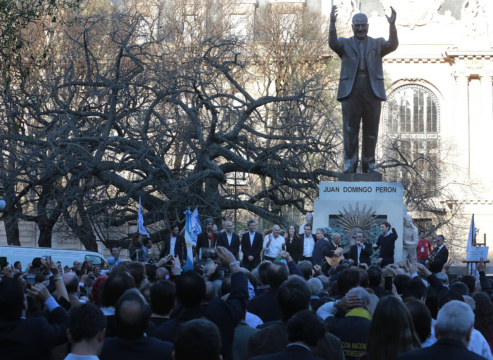
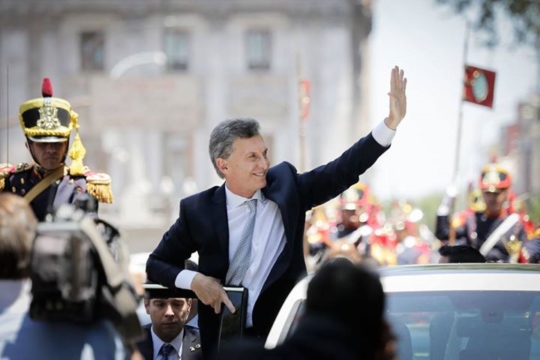
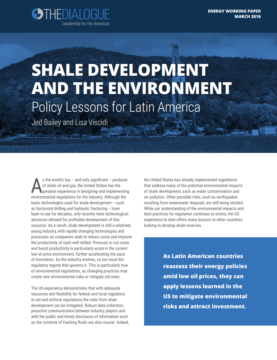

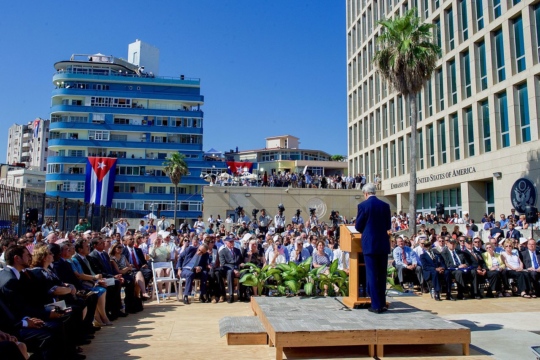
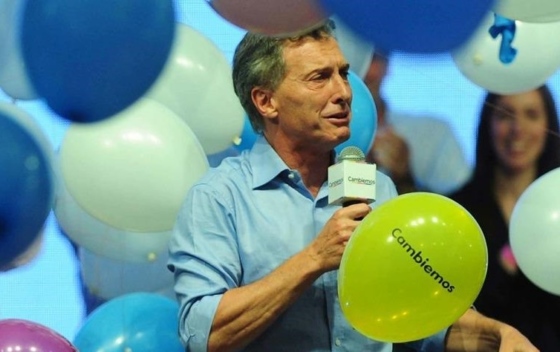

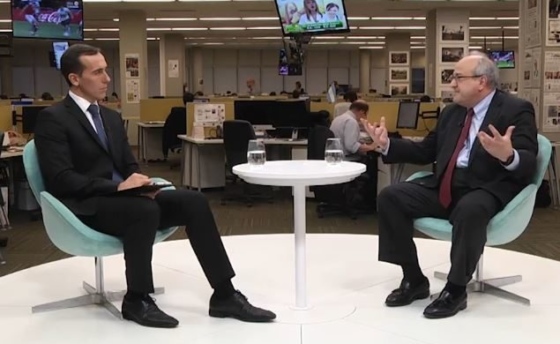
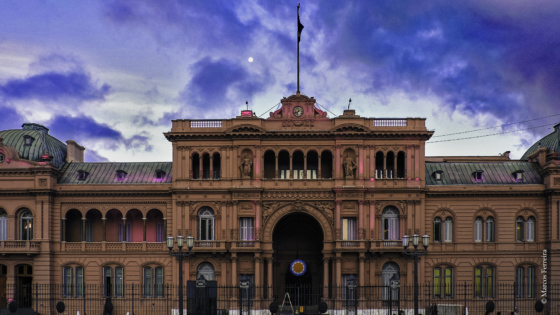 Video
Video
